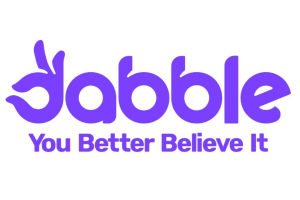
According to a new report from Wired, Google is leveraging its vast trove of data and artificial intelligence capabilities to help cities worldwide optimize traffic signals and reduce vehicle emissions.
According to an Oct. 10 Wired report, Google’s Green Light project analyzes traffic patterns using anonymized data from Google Maps to generate recommendations for adjusting traffic light timing. The tweaks are designed to improve traffic flow and reduce start-stop driving, leading to more emissions from idling vehicles.
Google’s Green Light is active in over a dozen cities across four continents
Green Light is active in over a dozen cities across four continents so far, including Seattle, Jakarta, Rio de Janeiro, and Hamburg. In cities where timing changes have been tested over the past two years, Google’s preliminary data suggests the AI-powered adjustments have cut stops at intersections by up to 30% and emissions by up to 10% for around 30 million vehicles per month.
The project works by using AI to infer traffic signal patterns at thousands of intersections in a given city using historical Google Maps data. The algorithms then identify lights that could benefit from tweaks and suggest new timing settings aimed at smoothing traffic flow.
City traffic engineers can review the recommendations through an online dashboard provided by Google and quickly implement the changes remotely for networked traffic signals. For non-networked lights, they can update settings manually at each intersection control box.
This allows cities to optimize signals without costly new infrastructure or traffic studies. The regular tuning enabled by Green Light also adapts to evolving traffic patterns in near real-time, something many cities cannot do with static signal schedules.
While promising, some experts note Green Light’s approach has limitations compared to more advanced dynamic traffic signal control systems. However, its simplicity makes adoption relatively easier for cities than other options.
Google says it is expanding the project to more cities in 2023 after refining the system over the past two years. The company collaborated with researchers at Israel’s Technion and UC Berkeley to develop the AI and analytics behind Green Light.
Featured Image Credit: Javid Hashimov; Pexels; Thank you!
Source link




